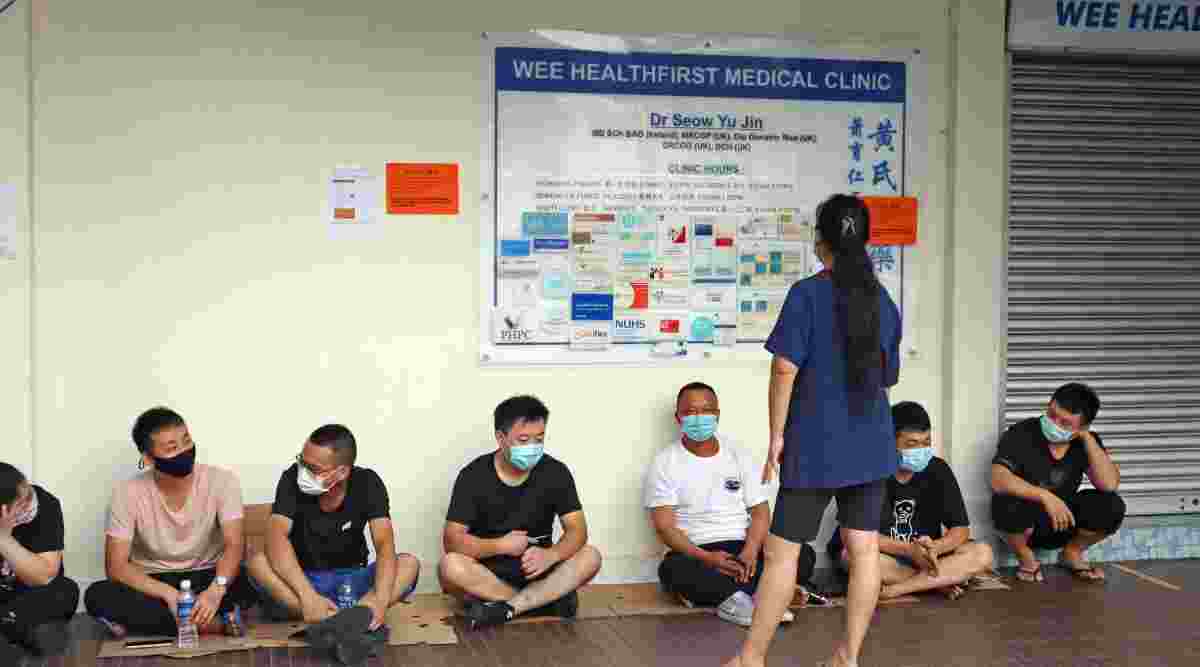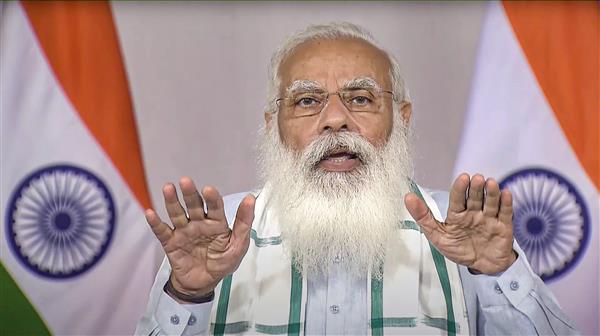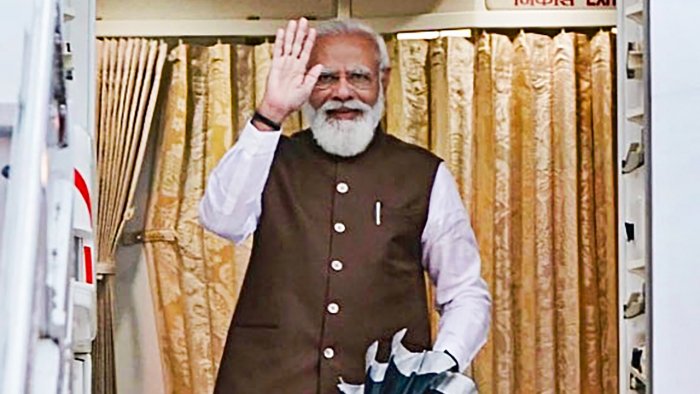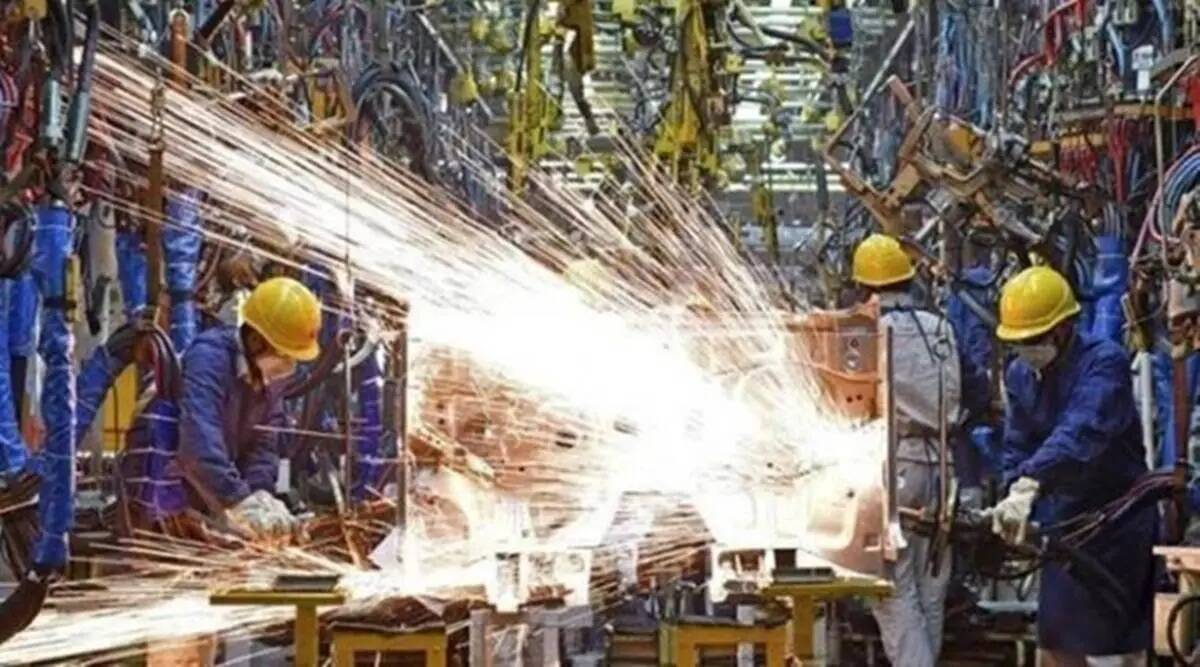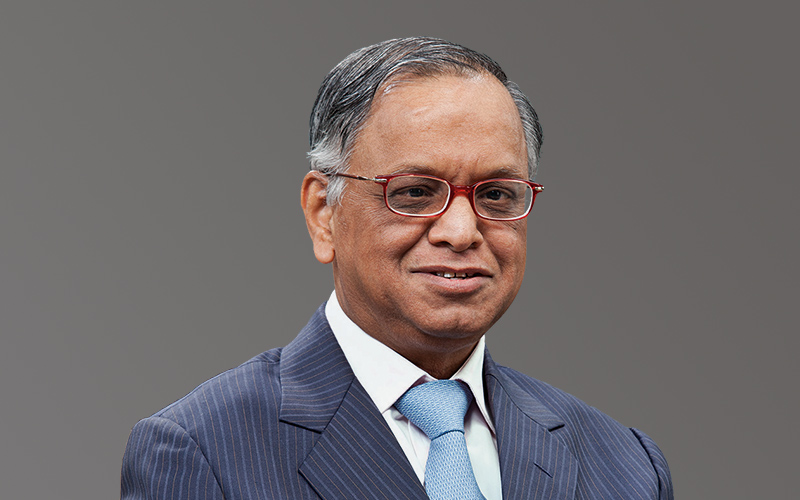
01/22/2025
New Delhi, Jan. 22: Despite a slowdown witnessed in the second quarter of fiscal 2025, India’s growth rate continues to remain one of the fastest-growing economies globally, said NR Narayana Murthy, founder, Infosys Ltd.
“Our GDP (gross domestic product) growth rate has been one of the highest in the world for the past several years despite a hiccup during the last quarter. Our foreign exchange reserves have been comfortable,” Murthy said. He was speaking at the Kilachand Memorial lecture on “Compassionate Capitalism”.
In the July-September 2024 quarter, the country’s GDP growth slumped to a seven-quarter low of 5.4 per cent – at least a percentage point lower than the estimates of economists. The country foreign exchange reserves stood at $625.871 billion in the week ended January 10, providing cover for about 11 months of imports.
Noting that the country is on a promising ride towards betterment, Murthy said that there have been several successful startups, including some unicorns. The scientists and engineers of the country have successfully docked space vehicles in the space.
Murthy, however, said all these achievements have been shared only by a small section of Indians. The Central government provides free food grains to about 810 million citizens or about 60 per cent of the population under the Pradhan Mantri Garib Kalyan Anna Yojana (PMGKAY) for a period of five years with effect from January 1, 2024. While this initiative is necessary and is highly laudable and understandable, such a widespread poverty is not the attribute of an economically strong country, Murthy said.
“The misfortune of India is that we still have 300 million illiterate Indians. About 170 million Indians do not have access to safe drinking water. About 210 million Indians are estimated to defecate in the open. Despite praiseworthy efforts of the central and state governments, about 250 million people do not have access to basic medical care. About 15 per cent of our children are undernourished,” he said.
He recalled his experience of spending 21 hours in the guard’s compartment on a freight train during a hitch-hiking trip in 1974 which led him to introspect and look for solutions for eradicating poverty.
“The question of stark poverty and inequity in our country has been troubling me right from that day when I spent lonely, hungry, cold and introspective 21 hours in the guard’s compartment on a freight train going from Nis, in what was then Yugoslavia and now Serbia, to Istanbul way back in 1974 on my hitch-hiking trip to come back from Paris to Mysore,” he said.
“I have had some success in demonstrating the power of entrepreneurship in solving the problem of poverty through my experiment of creating Infosys,” Murthy said.
Talking about compassionate capitalism, Murthy said it is about bringing the power of capitalism to the benefit of large masses. It is about combining the good of capitalism and socialism.
Speaking on the need for a compassionate capitalism, he said it was required to make capitalism the most accepted model for economic growth in developing countries like India.
Murthy said that business leaders must remember that corporations cannot succeed in societies that fail.
“Managerial remuneration should be based on three principles – fairness with respect to the compensation of the lowest level employee; transparency with respect to shareholders and employees; and accountability with respect to linking compensation to corporate performance,” he said.
The long-term success of a corporation is predicated on maintaining harmonious and win-win relations with employees, customers, vendor-partners, the government of the land and the society, Murthy added.-Agencies
